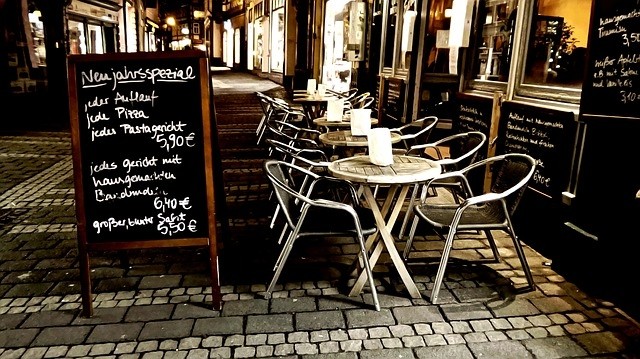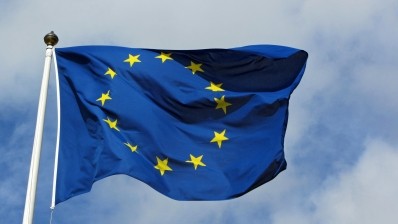Industry responds to EU food allergen controversy

Flexibility of regulations
The Food Standards Agency (FSA) was quick to emphasise that businesses were not forced to spend time putting allergy information on menus.
A spokesperson said: “In the UK, food businesses have flexibility in how they provide information. This could simply be a sign informing people they should ask for allergen information, which businesses can then provide verbally.
“Offering food without knowing it contains peanuts, for example, could kill someone with a peanut allergy. Giving the right information is potentially lifesaving, as the only way to stop reactions is for a person with an allergy to avoid consuming food containing that allergen.”
Under the EU regulations restaurants which came in to force in December 2014, businesses can either display allergy information on menus or encourage diners to ask staff for allergy information about individual dishes or drinks.
Social Media response
A large part of the discussion about the letter took place on Twitter under the #14allergens hashtag.
Wahaca co-founder Thomasina Meirs, who was one of the letter's signatories, took to social media to clarify her position:
Though there was some criticism from others within the industry:
Diners with allergies an untapped market
Liz Allen, director of Allergy Aware Kitchen, told BigHospitality that by failing to adequately cater for people with allergies the hospitality industry was missing a huge financial opportunity.
Allen said: “I think once the hospitality industry realises the amount of customers they are missing out on by not catering to people with allergies then things will change.
“It’s an untapped market and a good way of making money. I cannot go out anywhere with my 9 year old son who was allergies. If it’s all about creativity why don’t chefs think about other ingredients they could use?”
According to Coeliac UK the hospitality industry is missing out on £100m per year in potential revenue from the coeliac suffering community alone.
Allergy Awareness courses
To meet EU regulations some restaurants have sent their staff on allergy awareness courses.
Allergy Aware Kitchen have provided training to over 40 hospitality companies including michelin starred Hakkasan, HQ Hospitality, and Anthony Worrall-Thompson’s restaurant group.
Allen said: “I think in the past chefs have thought people with allergies were just a bit fussy, so we help them to understand why the 14 allergens are there and where they’ve come from. It’s logical - allergic customers need information.
“There are some restaurants that have really embraced the regulations, and some that do the bare minimum. People don’t like the laws because they’re a change, if you took away food hygiene laws and brought them back in people would complain about the regulations.
“My concern is that a lot of chefs will only start taking the regulations seriously when a serious incident occurs.”
Available guidance
To help businesses comply with the regulations the British Hospitality Association has created an allergen toolkit, while the FSA has provided guidance notes.

































